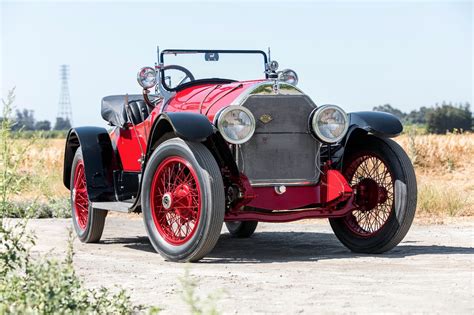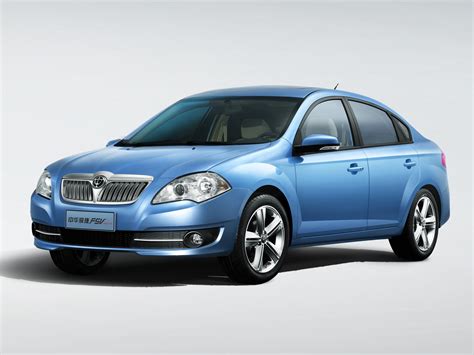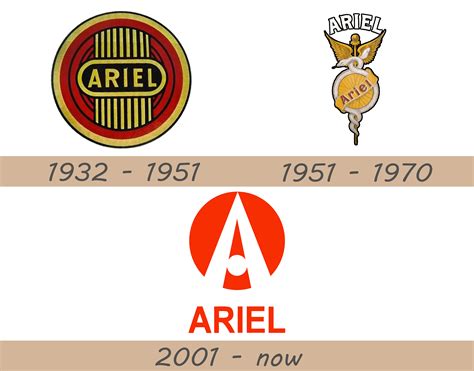Discover the history of Riley Car Company, its impact on the automobile industry, and its lasting legacy in this comprehensive blog post.
The Origin of Riley Car Company
Contents
Riley Car Company was established by William Riley Jr. in Coventry, England in 1896. The company originally started as a bicycle manufacturer before transitioning to automobiles. The first Riley car, a single-cylinder 7hp voiturette, was produced in 1898. The company’s commitment to innovation and quality engineering soon positioned Riley as a leader in the automotive industry.
Throughout the early 1900s, Riley gained a reputation for producing reliable and high-performance vehicles. The company’s focus on design and engineering led to the development of several innovative features, including detachable wire wheels and leading-edge suspension systems. These advancements contributed to Riley’s success and set the stage for the company’s future impact.
In 1912, Riley introduced the first 4-cylinder engine, further solidifying its position as an industry leader. The company continued to expand, building a reputation for producing stylish and sophisticated vehicles that appealed to a discerning clientele. Riley cars became synonymous with quality, luxury, and performance.
As the demand for automobiles continued to grow, Riley remained at the forefront of technological advancements. The company’s dedication to innovation and engineering excellence helped it weather the challenges of the automotive industry and establish a lasting legacy.
Innovations and Technological Advancements
Throughout its history, the Riley Car Company has been known for its innovations and technological advancements in the automobile industry. One of the most significant contributions was the development of the Riley 9 engine in the 1920s. This engine was a milestone in automotive engineering, being the first to feature four valves per cylinder, overhead camshaft, and hemispherical combustion chambers.
Another important innovation was the introduction of independent suspension in the late 1920s. This technology allowed for a smoother and more comfortable ride, setting Riley cars apart from their competitors. The company continued to push the boundaries of automotive design with the development of the ‘Kestrel’ and ‘Gamecock’ models, which showcased aerodynamic features and advanced engineering.
Riley also played a key role in the early adoption of disc brakes in the 1930s, a technology that would later become standard in the automotive industry. The company’s commitment to innovation and technological advancements set a precedent for future developments in the automobile industry and cemented its reputation as a pioneering force in automotive engineering.
In addition to these mechanical innovations, Riley also led the way in the integration of new materials and manufacturing processes. The company utilized lightweight alloys and advanced production techniques to create vehicles that were not only technologically advanced but also aesthetically pleasing and enjoyable to drive.
Riley’s Impact on the Automobile Industry
Riley Cars has had a significant impact on the automobile industry since its inception in the early 1900s. The company’s innovative designs and technological advancements revolutionized the way cars were manufactured and perceived by consumers. Riley Cars introduced several groundbreaking features that set them apart from their competitors, such as the first ever twin-camshaft engine in a mass-produced vehicle.
Furthermore, Riley Cars played a crucial role in shaping the future of sports cars with their participation in motorsport events. The company’s success on the racing circuit not only boosted their reputation but also contributed to the overall development of automotive technology. Riley’s dedication to performance and reliability made a lasting impact on the automobile industry, inspiring other manufacturers to strive for excellence in engineering and design.
Additionally, Riley’s influence extended beyond the realm of sports cars, as their innovative engineering principles were eventually incorporated into mainstream automobile production. The company’s commitment to quality and performance set a new standard for the industry, influencing the way cars were designed, manufactured, and marketed.
In conclusion, Riley Cars’ impact on the automobile industry cannot be overstated. Their innovative designs, technological advancements, and commitment to excellence continue to shape the way cars are produced and enjoyed by consumers around the world. The legacy of Riley Cars lives on in the modern automotive landscape, serving as a reminder of the company’s enduring influence on the industry.
The Decline and Revival of Riley
Riley Cars were once at the forefront of the automobile industry, known for their innovative designs and technological advancements. However, the company faced a decline during the mid-20th century, struggling to keep up with the competition and changing consumer preferences.
During this time, Riley was acquired by the British Motor Corporation (BMC), which led to a period of restructuring and reorganization. The company faced numerous challenges, including financial difficulties and internal conflicts, which further contributed to its decline. As a result, production of Riley cars eventually came to a halt, marking the end of an era for the iconic brand.
However, in recent years, there has been a renewed interest in the Riley brand, with enthusiasts and collectors seeking out classic models and working to preserve the legacy of the company. Additionally, there have been efforts to revive the Riley name through limited edition releases and special events, capturing the attention of a new generation of car enthusiasts.
While the decline of Riley was a challenging period for the company, its revival serves as a testament to the enduring legacy and influence of the brand. With a renewed focus on heritage and innovation, Riley continues to inspire automotive enthusiasts and shape the future of the industry.
Legacy and Influence of Riley Cars
The legacy of Riley cars can be seen in the lasting impact they have had on the automobile industry. From their early innovations to their influence on modern car designs, Riley cars continue to be celebrated for their contributions to automotive history.
One of the most significant aspects of Riley’s influence is their focus on quality and performance. This commitment to excellence set the standard for future car manufacturers and helped shape the industry as a whole. Riley’s dedication to precision engineering and refined design elements paved the way for advancements in automotive technology.
Furthermore, Riley’s cars have left a lasting impression on automobile enthusiasts and collectors around the world. The craftsmanship and attention to detail in each Riley model has solidified their place in automotive history, with many of these cars becoming coveted collector’s items.
Another key aspect of Riley’s legacy is the impact they have had on subsequent car brands. The innovations and technological advancements introduced by Riley have had a ripple effect across the industry, inspiring other manufacturers to elevate their own standards and push the boundaries of automotive engineering.
In conclusion, the influence of Riley cars extends beyond their production years, as they continue to inspire and shape the automotive landscape to this day. Their legacy serves as a testament to the enduring impact of their innovations and the lasting imprint they have left on the automobile industry.












